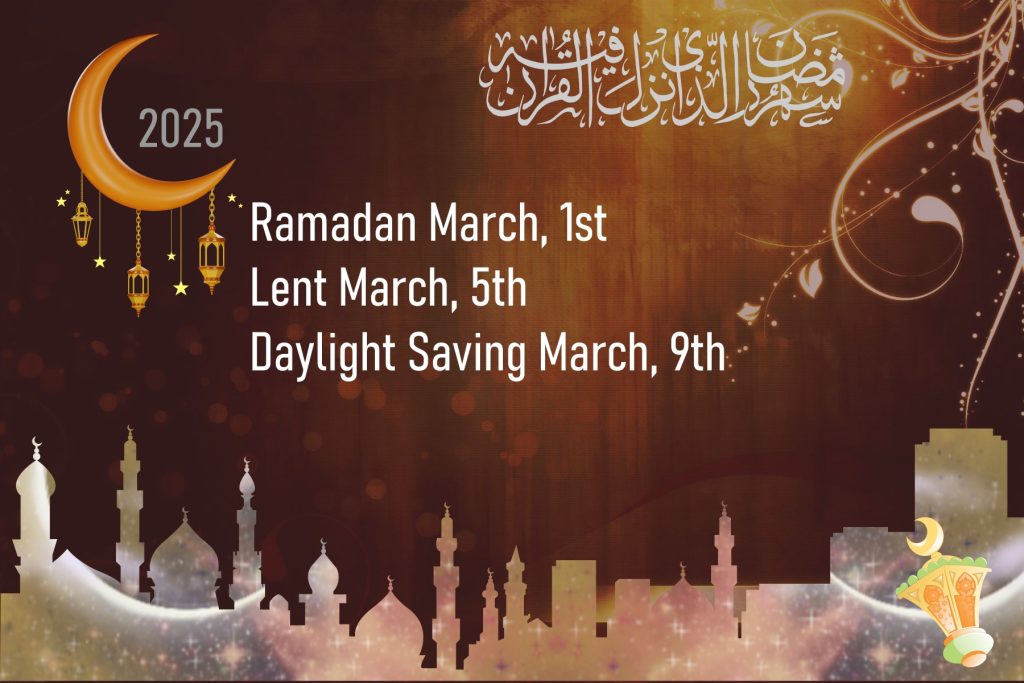
Understanding Fasting in Ramadan and Its Significance
Fasting during Ramadan is one of the Five Pillars of Islam, a fundamental practice that holds deep spiritual significance for Muslims around the world. During this holy month, Muslims fast from dawn until sunset, abstaining from food, drink, and other physical needs. The fast is not merely a physical exercise; it is a time for spiritual reflection, increased devotion, and worship. Ramadan is a period for self-discipline, self-reflection, and community bonding, culminating in the celebration of Eid al-Fitr, a festival marking the end of fasting.
Fasting is a practice observed in various forms across many religions. For instance, in Christianity, Lent is a period of fasting and penance leading up to Easter, where many Christians abstain from certain foods or luxuries for 40 days. Similarly, in Judaism, Yom Kippur is a day of atonement that includes a 25-hour fast, and in Hinduism, fasting can vary widely, with some devotees abstaining from food on specific days or during festivals.
Ramadan 2025: Key Dates and Observances
The Islamic Center of Hamtramck (ICOH) has announced that Ramadan in 2025 will commence on March 1st, with the first night of Eid al-Fitr falling on March 30th, corresponding to the year 1446 in the Islamic calendar (Hijri). This decision is significant as it reflects a shift towards using accurate astronomical calculations for determining the start of Ramadan, rather than relying solely on human sighting of the moon, which can often lead to uncertainty.
The ICOH’s decision to adopt astronomical calculations aims to provide clarity and allow community members to plan their schedules in advance. This is particularly important for those balancing work, family, and religious obligations during the month of fasting. The relaxation (Taraweeh) prayer, which is an additional prayer performed by Sunni Muslims at night in the Islamic month of Ramadan, will begin on the evening of February 28th, after the Isha prayer.
Overlapping Observances
Interestingly, Ramadan 2025 will coincide with several other significant events. Daylight Saving Time will begin on March 9, 2025, when clocks are set forward by one hour, potentially affecting the timing of daily prayers and the breaking of fasts. Additionally, the Christian observance of Lent will start on March 5, 2025, leading up to Easter, creating a unique intersection of religious observances during this period.
Decision
The decision by the ICOH to utilize astronomical calculations for determining the start of Ramadan reflects a modern approach to an ancient tradition, ensuring that the community can engage in their spiritual practices with confidence and clarity. As Ramadan approaches in 2025, Muslims will prepare for a month of fasting, prayer, and reflection, while also being mindful of the overlapping observances of other faiths, highlighting the rich tapestry of religious practices that coexist in our diverse world.



